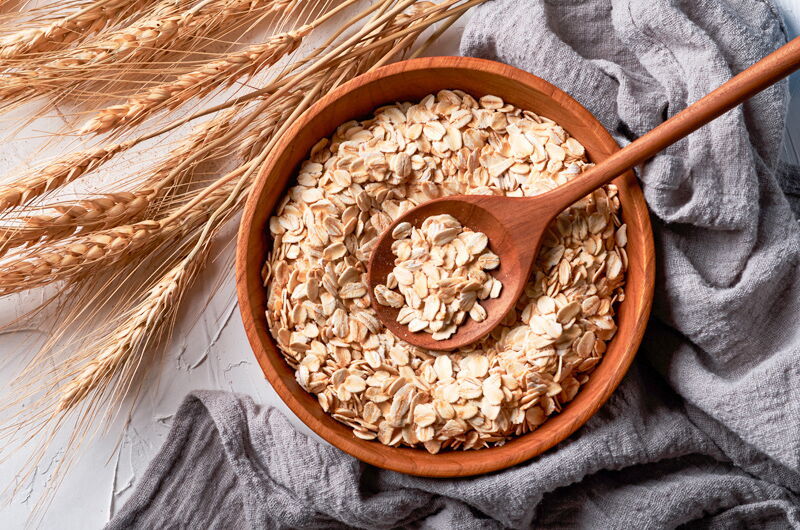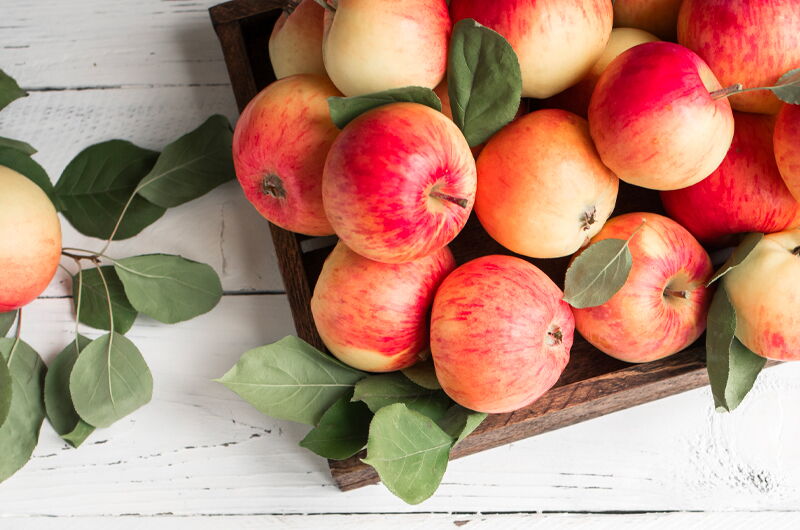What carbohydrates should we choose for a healthy diet? This is a rather complex question but also simple in several respects. In this article we will analyze the different food sources to understand which ones to insert and consume preferentially for a healthy and balanced diet.
By way of description but not exhaustive, let's see together some of the main sources of carbohydrates.
Cereals
Cereals are the first source of carbohydrates that we can refer to, in fact it is the richest. We have different types of cereals such as wheat, barley, spelt, oats and pseudo-cereals such as quinoa and amaranth.

When choosing cereals, the first rule is to prefer them whole. This will allow to maintain all the Nutrition information without losing vitamins, minerals, and very important fiber which are the real richness of this food. So, unless we are sportsmen and we have to go to take cereals after our training (a circumstance in which we want to seek a rapid absorption of the same), here is that whole foods are the best solution. Secondly, let's try to vary the source. We have many different options, we try to make the most of them! Cereals are distinguished by their content of minerals and microelements and varying them in our diet will allow us a more complete supply of them.
Fruit
Fruit is a second major source of carbohydrates. It has a variable content of the same (an apple has far fewer carbohydrates than a mango for example). The main fruit saccharides are glucose and fructose (so there is not only fructose as many believe). The advantage of fructose is that it has a lower glycemic index and impact and this is a positive element. The problem, however, is that fructose exploits an assimilation mechanism that makes the metabolic pathway to "fat storage" shorter (skipping the phosphofructokinase is not "blocked" even if there is no need for energy production). In other words, an excess of fructose leads us to gain weight more easily. This, however, it is important to highlight, is likely to happen especially in sedentary people. Fruit has plenty of fibre, trace elements, vitamins and minerals, so its consumption is highly recommended.

The ideal would be to consume two portions of fruit a day trying, also in this case, to vary as much as possible and to use in season.
Sugar
A specific mention "deserves" the sugar intended as sucrose, strongly present in packaged foods. Yogurt, snacks, packaged of kind are heavily saturated with sugar. Sugar is a disaccharide composed of glucose and fructose and is considered to be a "carrier of empty calories". This is because, beyond heavily refined carbohydrates, it does not carry any other nutrients with it. In this case, also to avoid annoying blood sugar peaks, this element should be reduced as much as possible in our diet.

A similar argument for honey which, although considered nectar for the gods, has a low content of microelements and can be assimilated to sugar from a nutritional point of view.
Legumes
They are not a direct source of carbohydrates as they are also high in protein and, in some cases, fat. However, legumes should be included in this discussion because they are very interesting foods that can bring great benefits. We recently dedicated an article to legumes and, in this circumstance, we simply recall some indications for their consumption. First, let's test our tolerability to them: if we are not used to eating them we start with small doses, 30 gr. 2-3 times a week and, from there, we gradually increase. We try to diversify their use because the various legumes have nutritional profiles and, above all, different microelements.
Let's take advantage of them all!
To make them more bioavailable and enrich them with probiotics for our intestines, we try to use, as preparation methods: cooking, soaking, fermentation and germination.
Conclusions
As we have seen, the sources of carbohydrates are different and a careful and simple choice of them is very useful for our health. An excess of carbohydrates, especially with a high glycemic index and refined, can lead to a loss of our insulin sensitivity, an increase in inflammation and, in a chain, oxidative stress in our body. However, they are fundamental nutrients for our body, our main source of energy and, as such, they must not be eliminated at all but only chosen with care!
